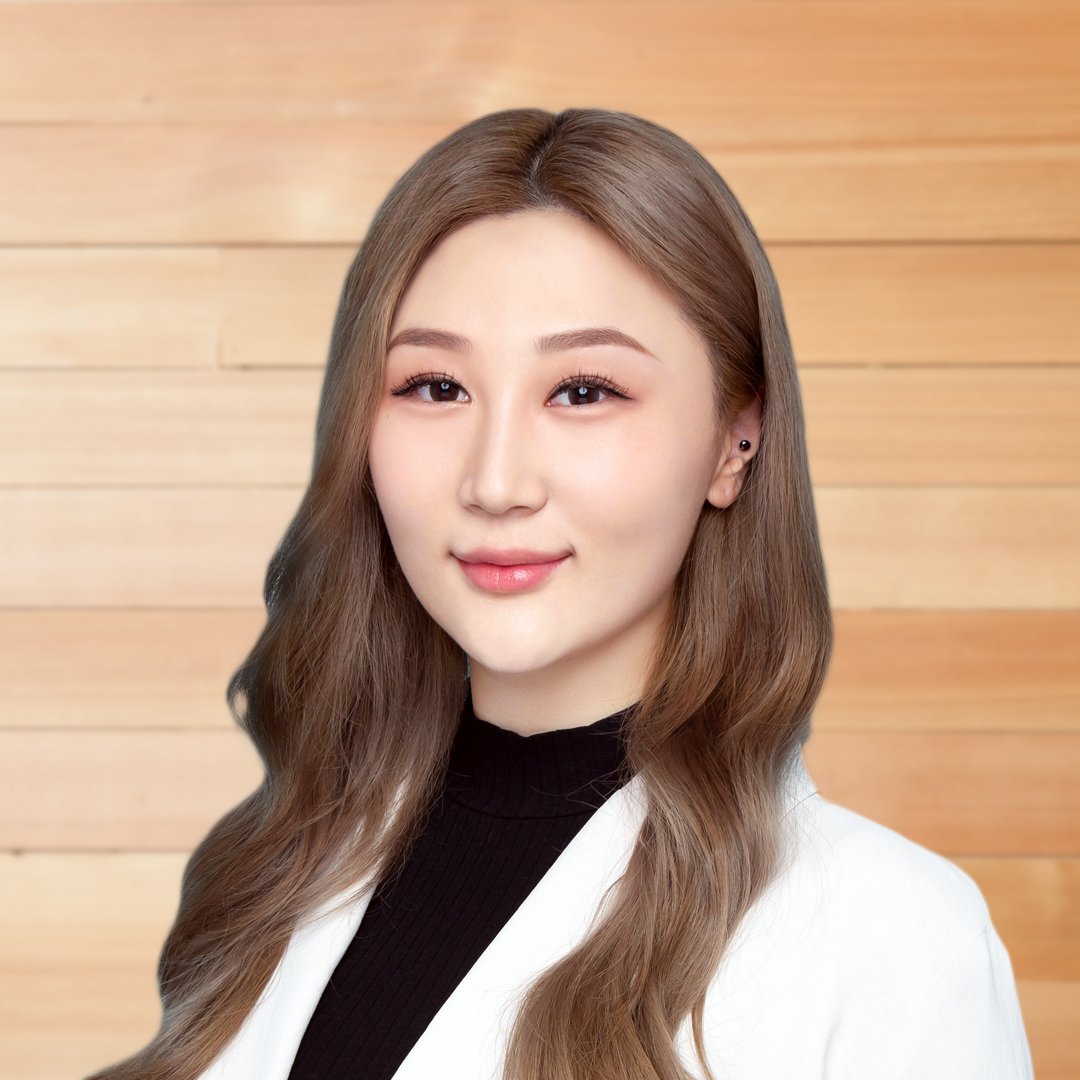Reclaiming the Whole Self
By Wendy Shen
Dr. Kristin Neff is one of the leading researchers in the field of self-compassion. Many of you may already be familiar with the concept: being kind to ourselves in the same way we would support a good friend. In short, self-compassion consists of three core elements—kindness, common humanity, and mindfulness.
Kindness allows us to comfort and soothe ourselves with care rather than criticism.
Common humanity reminds us that we are not alone in our struggles; imperfection is part of the shared human experience.
Mindfulness helps us stay present with our pain, acknowledging our emotions without pushing them away or trying to “fix” them too quickly.
When these three elements come together, they form what Dr. Neff calls tender self-compassion: a loving, connected presence with ourselves during difficult times.
I’ve integrated Dr. Neff’s work into my clinical practice, especially with clients navigating anxiety, depression, and sexual assault recovery. These exercises have helped many remain gentle with their emotions, accept where they are, and begin piecing together their sense of identity. Over time, self-compassion has become one of my favourite tools—it creates a safe space, and it transforms the internal narrative.
In recent years, Dr. Neff has emphasized the need for something more: fierce self-compassion. This is the empowered side of compassion that says “no,” sets boundaries, demands justice, and protects the self. It’s a part of us that many women are taught to suppress. From a young age, we’re often conditioned to be gentle, communal, and caring—while being assertive, angry, or bold is discouraged or even punished.
How can we practice true self-compassion if we’re only allowed to be tender and never fierce?
Society tends to interpret anger in men as strength and competence, while in women, it’s often met with criticism or perceived as instability. This delegitimization of anger robs women of their agency. Since we’re discouraged from expressing anger outwardly, we often turn it inward, where it shows up as self-criticism. That may help explain why women are nearly twice as likely as men to experience depression.
I’ve felt the power of my own fierce side as I’ve grown into my voice. As an East Asian woman, I was raised to be quiet, gentle, and accommodating—to take up less space. I was taught that pleasing others and keeping the peace would lead to an easier life. I lived that way for a long time—until I began studying counseling. I always felt like there was a wave of energy inside me, waiting to burst forth, but I was afraid that expressing myself would make me “too much.”
It wasn’t until I accepted both sides of myself—the powerful, opinionated, boundary- setting part, and the gentle, nurturing, deeply listening part—that I began to feel whole.
Now, I support my clients to embrace both the tender and fierce aspects of their self- compassion. When they do, they often begin to form a new, more empowered sense of identity—especially those healing from trauma. For example, with sexual assault survivors, we often begin by validating their pain and shifting shame toward understanding. We explore the truth: their feelings are natural responses to a devastating experience, and they are not alone. These experiences happen far too often—not because of who they are, but because of centuries of patriarchy and imbalance of power.
As they begin to own this truth, their fierce self-compassion emerges. They feel anger—but not as destruction. As fuel. As a call to protect themselves and advocate for others. Their tenderness helps them heal. Their fierceness helps them rise.
I invite you to begin your own journey of self-exploration—to listen to all parts of yourself, to express freely, to become your most compassionate ally. As women, we carry immense burdens and inherited trauma. We deserve to be our own fiercest supporters. Let’s allow every side of ourselves to thrive—tender and fierce, quiet and bold, soft and strong.
If you allow me to walk beside you on this path, I will be honoured. I’m here with you, and grateful to be a part of your journey as you begin to reclaim your power and meet your whole self.
Meet Wendy Shen
Wendy is a registered clinical counsellor who offers holistic, integrative, and meaning-centered therapy for individuals and couples. With expertise in CBT, somatic work, and Gottman Therapy, she helps clients navigate anxiety, depression, trauma, and relationship challenges. Grounded in optimism and a belief in inner resilience, Wendy guides clients toward healing, growth, and renewed purpose.


